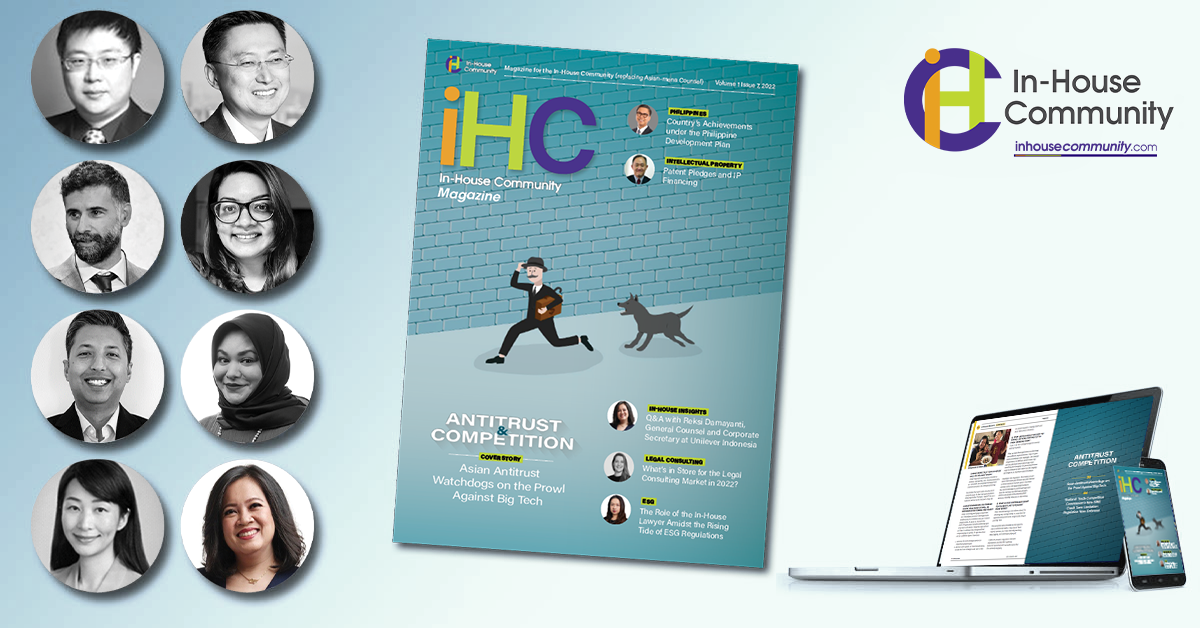
The recent decision in FS Cairo (Nile Plaza) LLC v Lady Brownlie (as Dependant and Executrix of Professor Sir Ian Brownlie CBE QC) [1] has provided instructive guidance on the breadth of the jurisdictional gateway for tort claims and brought further clarity regarding the conceptual differences between the ‘default rule’ and the ‘presumption of similarity’ that are often relied upon in the application and pleading of foreign law. This decision is of widespread relevance given the frequency with which these issues arise in cross-border claims.
The case concerned an application to serve claims in tort and contract on an Egyptian company out of the English jurisdiction. Before permission may be given for service of a claim form outside the jurisdiction, the relevant domestic rules require that the claimant must establish that: (1) the claim falls within one of the gateways set out in paragraph 3.1 of Practice Direction (“PD”) 6B to the CPR; (2) the claim has a reasonable prospect of success; and (3) England and Wales is the appropriate forum in which to bring the claim. [2]
The defendant raised two issues before the Supreme Court. The first (the “tort gateway issue“) was whether Lady Brownlie’s (the claimant’s) claims in tort satisfied the requirements of the relevant jurisdictional ‘gateway’ in the CPR. The second (the “foreign law issue“) was whether, in order to show that her claims in both contract and tort had a reasonable prospect of success, Lady Brownlie would have to provide evidence of Egyptian law.
The Tort Gateway Issue
Paragraph 3.1(9)(a) of PD 6B to the CPR provides that domestic jurisdiction can be assumed in tort claims where “damage was sustained … within the jurisdiction” (similar wording of the tort gateway can be found in offshore jurisdictions such as the BVI and the Cayman Islands). By a 4:1 majority, the Supreme Court found that the breadth of the tort gateway should be interpreted broadly and rejected a narrower reading that sought to distinguish between direct and indirect damage. The Court considered the word “damage” to refer to actionable harm, direct or indirect, caused by the wrongful act alleged; [3] it should not be limited to the damage necessary to complete a cause of action in tort. In particular, Lord Lloyd-Jones opined that:
“…damage is likely to be relevant to the identification of an appropriate jurisdiction for the adjudication of a claim in tort not because it may complete a cause of action but, more generally, because the damage actually suffered by the victim may, depending on all the circumstances of the case, serve to link the wrongdoing to a particular jurisdiction… the word in its ordinary and natural meaning and when considered in the light of the purpose of the provision extends to the physical and financial damage caused by the wrongdoing, considerations which are apt to link a tort to the jurisdiction where such damage is suffered.” [4]
The Foreign Law Issue
It is common ground that Lady Brownlie’s claims were governed by Egyptian law. In relation to the foreign law issue, the Supreme Court considered and distinguished two related rules: the ‘default rule’ and the ‘presumption of similarity’. The ‘default rule’ is a rule that, in a case to which foreign law applies, “in the absence of satisfactory evidence of foreign law, the court will apply English law”. [5] The ‘presumption of similarity’ is a presumption that, in the absence of evidence to the contrary, foreign law is presumed to be the same as English law. [6]
Lord Leggatt (with whom all others were in agreement) emphasized the need “…to recognize that there are two different rules which are conceptually quite distinct. So too are their respective rationales. The presumption of similarity is a rule of evidence concerned with what the content of foreign law should be taken to be. By contrast, the ‘default rule’ (as I shall use that term) is not concerned with establishing the content of foreign law but treats English law as applicable in its own right where foreign law is not pleaded.” [7]
For the application of the default rule, Lord Leggatt found that it depended on neither party choosing to advance a case that foreign law is applicable. If either party pleads that foreign law is applicable to an obligation, and the case is well founded, it is the duty of the court to apply foreign law. To apply English domestic law in that situation would ex hypothesi be unlawful. [8]
The presumption of similarity, on the other hand, is justified by the object of adjudication to do practical justice between the parties. [9] The Court noted that the application of this rule is limited: “…The question is one of fact: in the circumstances is it reasonable to expect that the applicable foreign law is likely to be materially similar to English law on the matter in issue (meaning that any differences between the two systems are unlikely to lead to a different substantive outcome)?” [10] The presumption of similarity is thus only ever a basis for drawing inferences about the probable content of foreign law in the absence of better evidence. [11] The Court also provided some general guidance on when it may properly be employed. In particular, there is more scope for relying on the presumption of similarity at an early stage of proceedings when all that a party needs to show in order to be allowed to pursue a claim or defence is that it has a real prospect of success. By contrast, to rely solely on the presumption to seek to prove a case based on foreign law at trial may be a much more precarious course. [12]
While the parameters of Brownlie will be tried and tested in the years to come, it is an important decision that provides clarification on several key conflict of laws concepts. It is reasonable to expect that this judgment will have significant implications for practitioners in common law jurisdictions and will be of persuasive authority for the offshore courts in considering similar issues when dealing with applications to serve claims on foreign defendants.
[1] [2021] UKSC 45
[2] Para.25
[3] Para.81
[4] Para.57
[5] Dicey, Morris and Collins, The Conflict of Laws, 15th ed (2012), para 9R-001, rule 25(2)
[6] Supra note 4, para. 108
[7] Para.112
[8] Para.116
[9] Para.124
[10] Para.126
[11] Para.149
[12] Para.147
Disclaimer: All views are personal and do not reflect that of the organization. The views shared are not intended for any legal advice and are for general information and education purposes only.
By Jeremy Lightfoot, Xia Li And Yi Yang
 Jeremy Lightfoot Jeremy Lightfoot
jeremy.lightfoot@careyolsen.com Jeremy Lightfoot is the head of Carey Olsen’s litigation |
 Xia Li Xia Li
xia.li@careyolsen.com Xia Li is a counsel in Carey Olsen’s Dispute Resolution |
 Yi Yang Yi Yang
yi.yang@careyolsen.com Yi has a wide range of experience assisting in cross-border |

Carey Olsen
careyolsen.com
PO Box 10008, Willow House, Cricket Square, Grand Cayman KY1-1001, Cayman Islands
* This article was first published in the Feb 2022 issue of the IHC Magazine. You can read/download the magazine here.





















